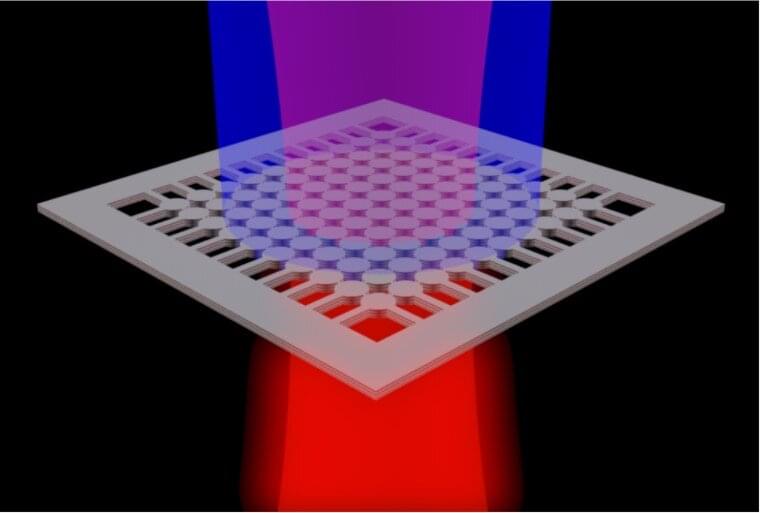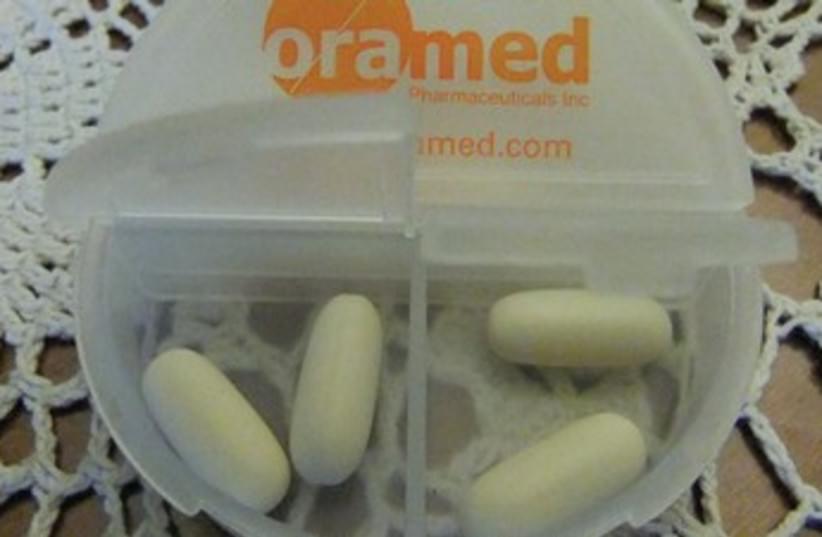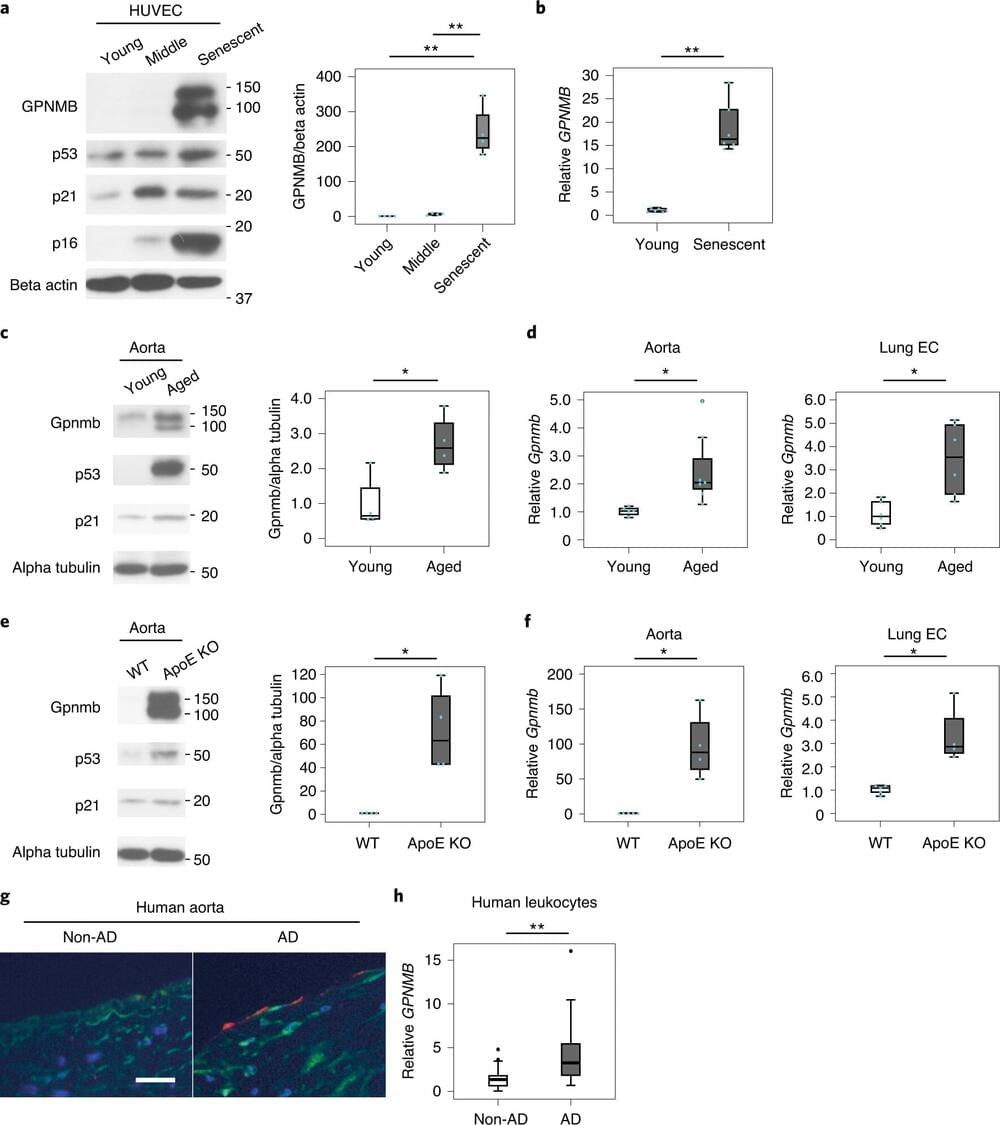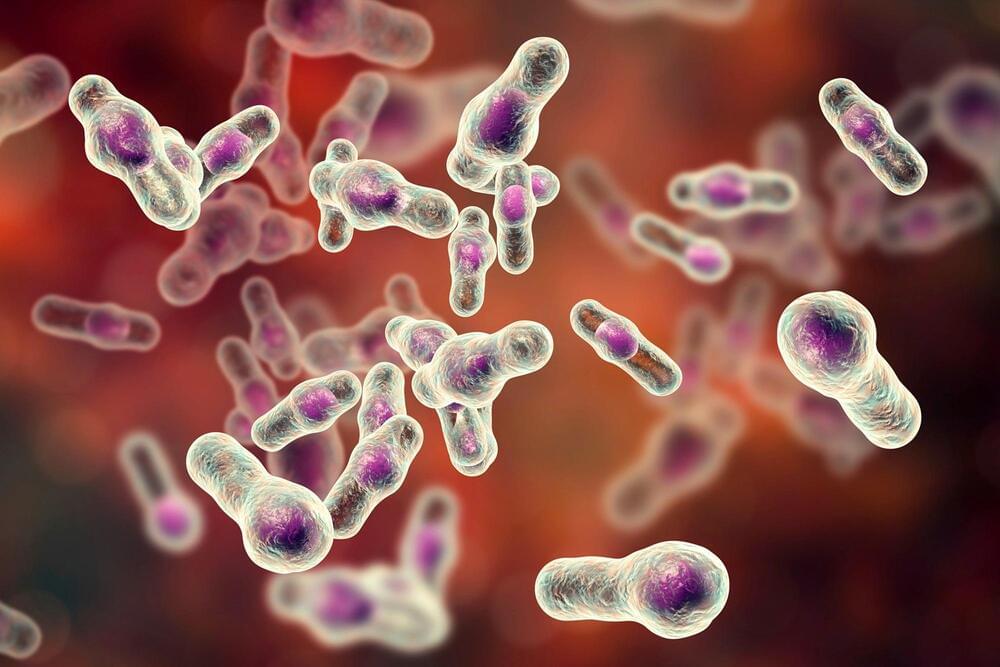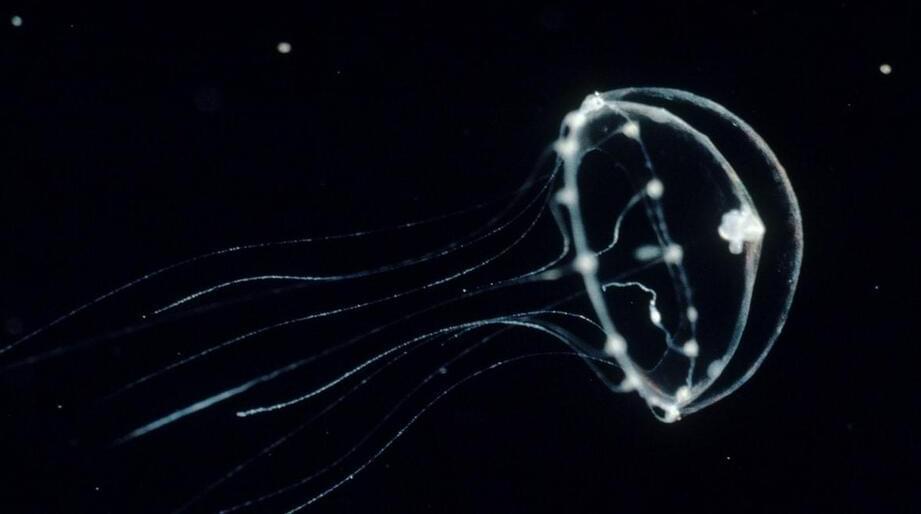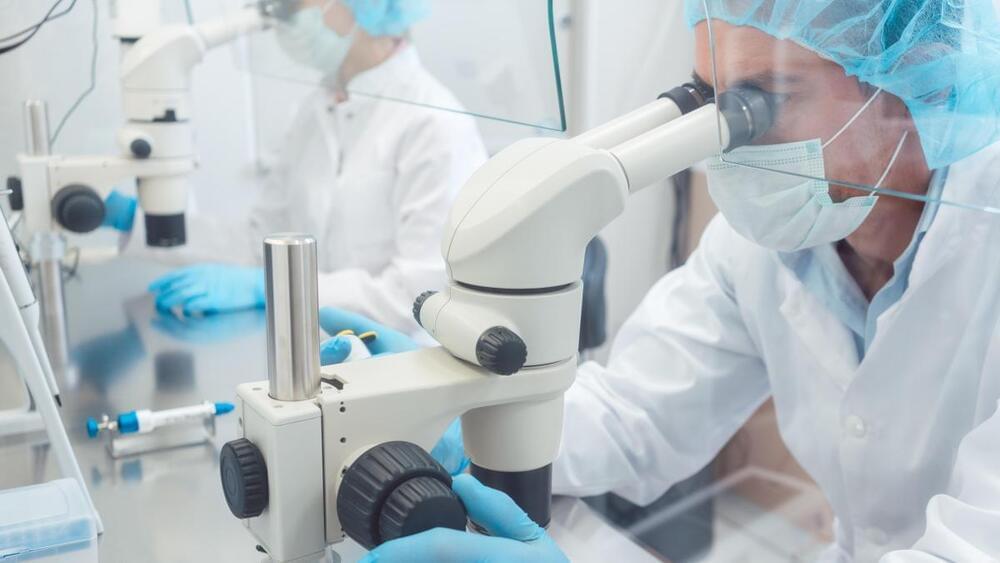Dec 14, 2021
Ancient Greek drug could cut COVID-19 deaths
Posted by Omuterema Akhahenda in category: biotech/medical
An ancient Greek drug derived from the saffron plant could improve the treatment of people with severe COVID-19 and reduce the COVID mortality rate by as much as 50%, according to a report published earlier this month in the European Journal of Internal Medicine by an Israeli researcher from the Hebrew University of Jerusalem and Hadassah Medical School.
The drug, colchicine, dates back thousands of years to ancient Egypt, where it was known for its special healing properties. It is one of a few medicines that survived until modern times. Most recently, it has been used to treat and prevent inflammation caused by gout that can lead to painful arthritis and Familial Mediterranean Fever (FMF), which is common among Jewish people of North African descent.
Prof. Ami Schattner researched and analyzed all patients treated in controlled trials of this ancient drug for the past 20 years. He found that among its uses and potential uses, colchicine also appears effective in treating COVID-19.
Continue reading “Ancient Greek drug could cut COVID-19 deaths” »

